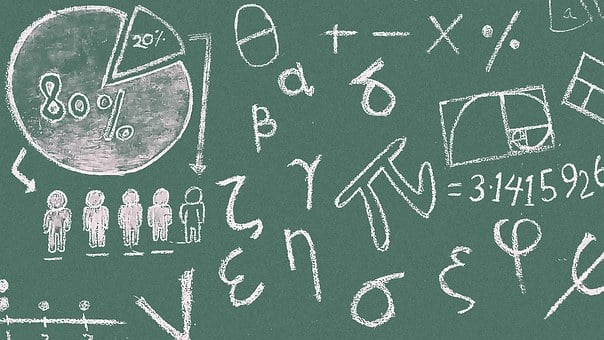 The other night, I was reading a book on working with students who are well below grade level. The usual practice is to begin them where they are and work to get them caught up but the author of the book said this was not a good idea because they'd never get caught up.
The other night, I was reading a book on working with students who are well below grade level. The usual practice is to begin them where they are and work to get them caught up but the author of the book said this was not a good idea because they'd never get caught up.This lead me to wonder what are some good ways to work with students who need remediation while allowing them to learn the new material just like their classmates.
Most students who spend time on remediation based computer programs know they are behind. Many have been working on the same computer program for a couple of years, yet they are not caught up yet. Perhaps they feel as if they may never catch up.
One article suggests increasing math rigor rather than slowing down. Teachers should intensify their instruction develop their abilities in math, develop better recall, improve learning behaviors, and help them move beyond solving problems using a memorized series of steps. In addition, it is suggested teachers help motivate students so they move past their belief that they cannot do math. Furthermore, instruction should include conceptual learning so a student has multiple ways to solve problems while providing opportunities for critical thinking and helping them connect to various concepts.
While looking at the topic, I came across the phrase "remediation through acceleration". Remediation is having students work on learning concepts from the past while acceleration is having students learn the material before the others in the class. This process gives struggling students a chance to stay up with their classmates. This is often done in a second class taught earlier than the regular math class.
Its well known students learn better when they have some prior knowledge of the concept and there is quite a lot of research supporting this. The idea is to expose students to the new concept so they have a chance to build prior knowledge before they are taught the topic in class. Acceleration does visit basic skills but only in the context of those skills to be immediately applied to newest concept.
Often times, the lack of prior knowledge is connected to vocabulary development. So it is important to include vocabulary development of critical terms. A student who has a rich understanding of a topic, when asked to write down what they know, will make a list using proper vocabulary to describe the topic.
For acceleration to succeed, the teacher needs to figure out exactly what skills and vocabulary the student needs in order to learn the new concept. The goal of accelerated learning is to have students:
1. Understand the purpose of the concept and real world connections,
2. Acquire critical vocabulary
3. Learned the basic skills needed.
4. Learned the new skills needed.
5. An idea of where instruction is headed.
When implementing this method, it is important to identify which students should be in it, deciding who will teach the class and when. Essentially, these students will be taking two math classes each day, one to help build the skills they need for the second class which will provide regular instruction as normal.
This is an interesting idea. In essence, it is providing scaffolding to help students keep up with their classmates rather than separating them into a slower "remedial" class where they feel as if they are not as smart as others. I'd love to hear what you think. Let me know.
No comments:
Post a Comment